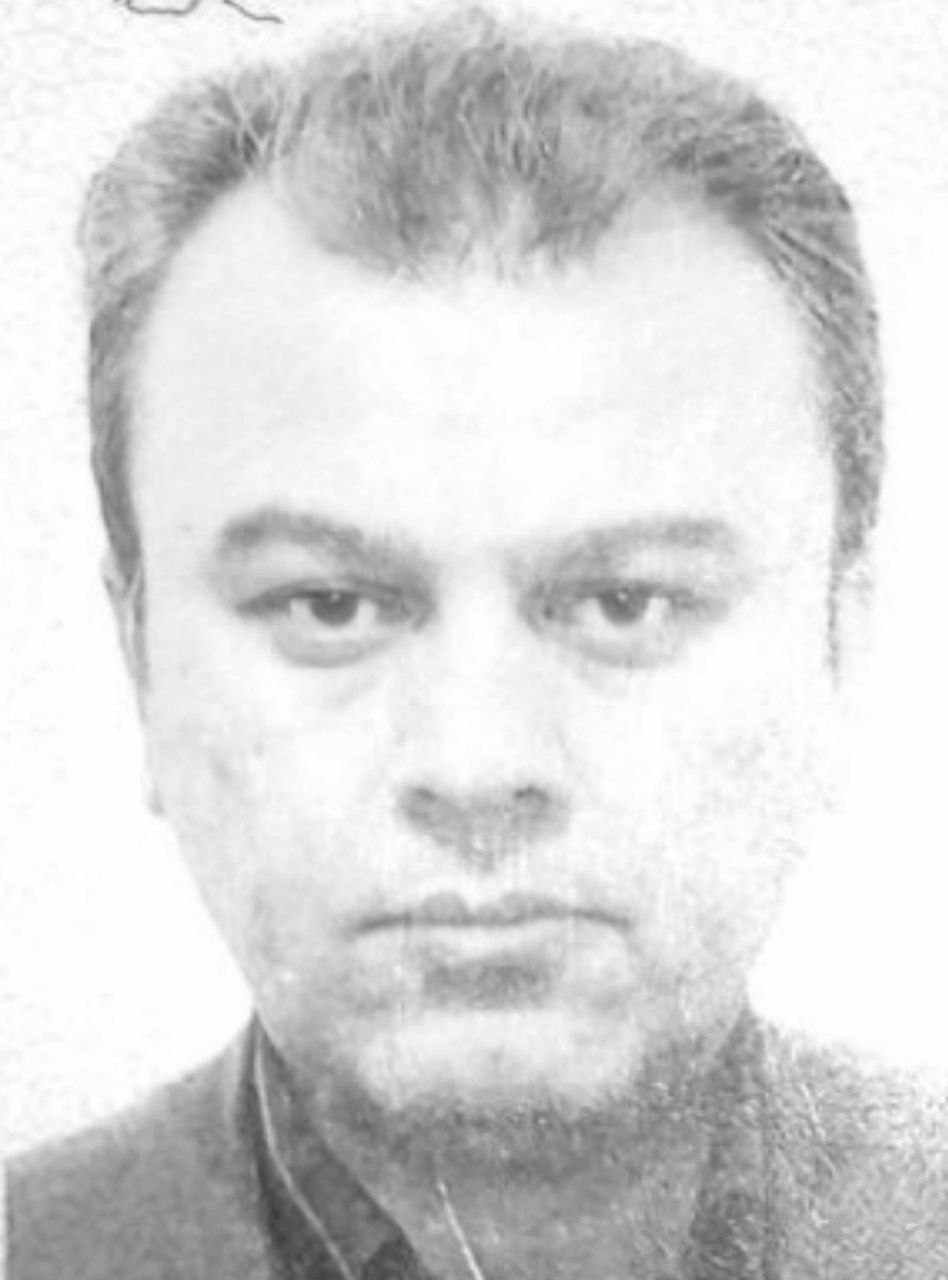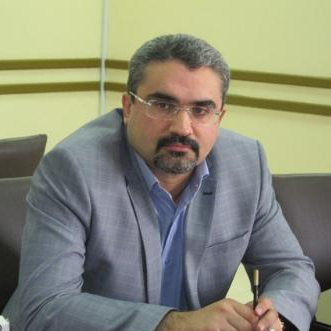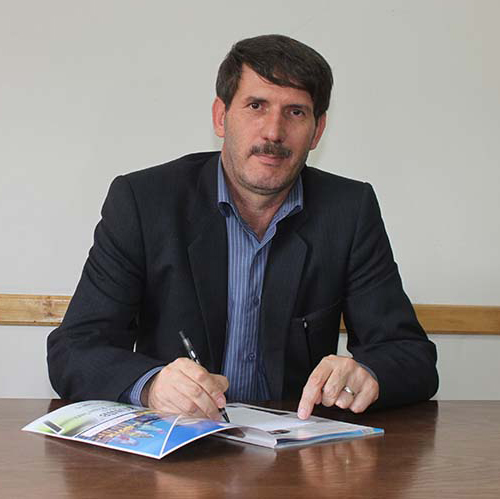Explaining the Psychological Well-Being Model of Counselors and Psychologists with a Resilience Approach based on the Grounded Theory
Keywords:
Psychological Well-Being, Resilience , Counselors , Psychologists , Grounded TheoryAbstract
Designing and applying a model for psychological well-being, especially with a resilience approach can play an important role in improving health and quality of life. As a result, the aim of this study was to explaining the psychological well-being model of counselors and psychologists with a resilience approach. The current research in terms of purpose was applied and in terms of execution method was qualitative. The research population was counselors and psychologists of members of the Counseling and Psychology System Organization of the country, which 13 people of them were selected as a sample with using the purposeful sampling method and according to the principle of theoretical saturation. The research tool was a semi-structured interview, which its validity was confirmed by triangulation method and its reliability was calculated by the agreement coefficient method between two coders 0.86. The data of this study were analyzed by the coding method based on the grounded theory in MAXQDA software. The findings showed that the psychological well-being model of counselors and psychologists with a resilience approach based on grounded theory had 35 sub categories and 12 main categories; So that training and promotion of specialized and cognitive abilities and self-acceptance were identified as a causal conditions, adaptation to job conditions were identified as a central category, client-related factors were identified as a contextual conditions, support resources were identified as a intervening conditions, awareness of one's emotions, energy restoration, time budgeting, spirituality skills and communication skills were identified as a strategies and development of problem solving skills and effective conflict management were identified as a outcomes. Finally, the psychological well-being model of counselors and psychologists with a resilience approach based on the grounded theory was drawn. According to the results of this study, it is necessary to plan to improve the psychological well-being of counselors and psychologists with a resilience approach according to the identified categories.




























